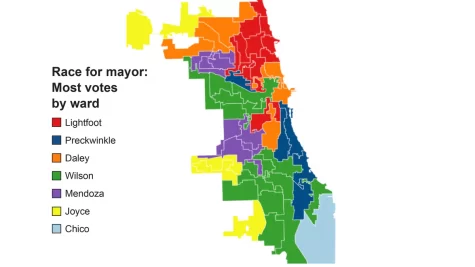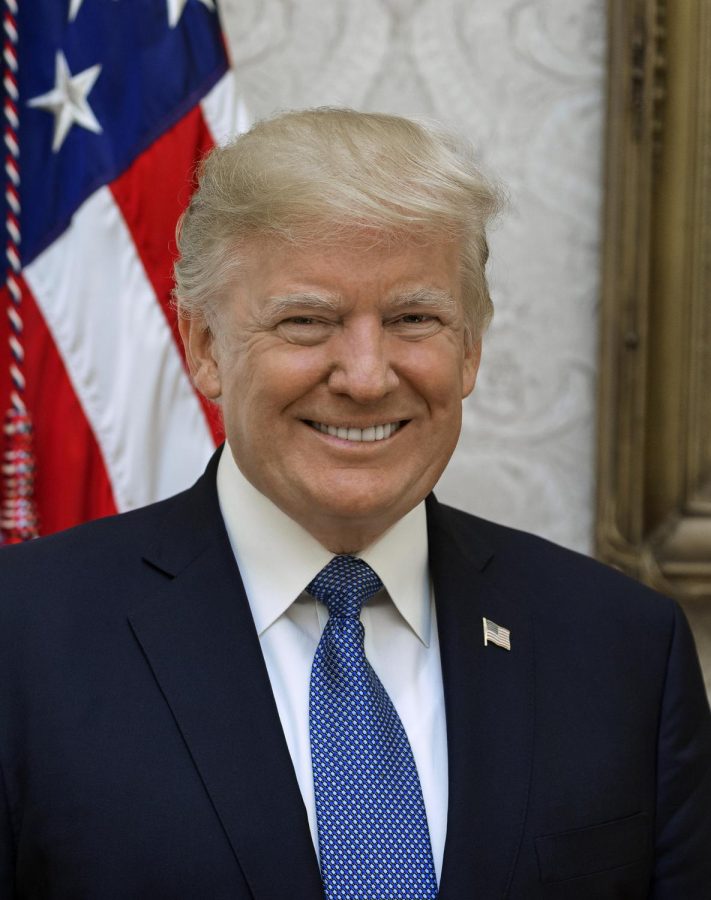American Democracy is Flawed
October 26, 2021
OPINION- American Democracy Has its Flaws
De·moc·ra·cy
A system of government by the whole population or all the eligible members of a state, typically through elected representatives.
The Senate
Democracy is a core concept in American society. . For good reason, I must say. Nothing makes a person free quite like deciding on how they are represented in a government that is only in power because of them. A key concept in democracy is representation, or rather equal representation. If a person over there has more say in a government than a different person somewhere else, then it’s not perfectly democratic as the population unequally holds power. Now about American democracy. We do not personally vote on subjects, we vote representatives in to support our interests (which is called a Democratic Republic). So rather than a single, random citizen holding power they vote for someone who has it instead. Ok, that works. But the point of any sort of democratic system is that people are equally represented. That should happen. However we are seeing that there are so many people constantly misrepresented in this supposedly ‘model democratic nation’. Let me stress this: any sort of democracy is only democratic if people are represented equally.
Many of you reading are likely confused or maybe annoyed at this challenging idea. How can the United States not be perfectly democratic? The very design of our systems of government contribute to a flawed system of representation: with three separate branches so no one can have absolute power. The main problems with representation can be traced back to the Senate. To quote the constitution, “The Senate of the United States shall be composed of two Senators from each State, chosen by the Legislature thereof, for six Years; and each Senator shall have one Vote.”(article 1 section 3).
The problem with the Senate is that it allows an average person from a smaller state to have more of a say than people from larger states. For example, the biggest U.S. state is California. They have two senators. The smallest 22 states in the Union have the same population as California, give or take a few thousand in California’s favor. Those 22 states have 44 senators between them. Is it equal representation to have equal numbers of people represented so unevenly? By the definition of democracy, it is inherently undemocratic to have such power imbalances in a country to the point where a senator that represents 20 million people (California) has the same amount of leverage as a senator representing 200,000 people (Wyoming)
Gerrymandering
Another issue with American democratic practices arises from population and district based elections for the House of Representatives. Gerrymandering, which is defined as To manipulate the boundaries of an electoral constituency so as to favor one party or class (Oxford Dictionary), is a rampant practice in many states. There are huge amounts of gerrymandering in the United States, especially in urban areas. The frustrating part with Gerrymandering is that there is no way to completely avoid it unless you simply count how many people voted in total for a direct popular vote (which is not done in the United States). Congressional districts are not counted by population, but rather by who votes for who within a certain amount of land or district. This sometimes results in a minority of voters getting more representation than the majority.

The image shown shows a simple example of gerrymandering. There are more blue voters than red voters. Gerrymandering is shown as the red party winning because they divided the voting population in a way that gave them a majority in more districts, even though the red group was in the overall minority.

Gerrymandering in Chicago
The Electoral College
The Electoral College is the source of so many issues regarding American Democracy, and at its core, it misrepresents U.S. citizens . To put it simply, every state gets a certain number of votes (or electors) in a presidential election. A state gets its electoral votes based on the number of representatives from a state plus two votes (senators), so a state with more people will get more votes, but even states with very little population still receive inflated representation. That’s where the problem starts. Due to population levels and electoral vote distribution, we see the same problem as with the senate. A vote from a smaller state is worth more than a vote from a larger state. The Huffington Post explains this issue very well explaining that “Each individual vote in Wyoming counts nearly four times as much in the Electoral College as each individual vote in Texas. This is because Wyoming has 3 electoral votes for a population of 532,668 citizens and Texas has 32 electoral votes for a population of almost 25 million. By dividing the population by electoral votes, we can see that Wyoming has one ‘elector’ for every 177,556 people and Texas has one ‘elector’ for about every 715,499”
Additionally, if your party does not win a state then your vote does not matter. All of the electoral votes from one state go to one candidate, excluding Maine and Nebraska. So if one party gets 48% of the votes in a state with 20 electoral votes, then all 20 votes go to one party even though the election was close. In a perfect world, votes would be distributed based on how many people actually voted for each candidate – a strictly popular vote. For example, if 48 percent of people voted for one person, then 48% of the electoral votes would go to the candidate that lost the state rather than all the votes going to the winner. This irrational distribution rule is what allowed Donald Trump to win the 2016 election even though he lost the popular vote by 3 million. He didn’t get more votes, but he won states with more electoral votes so he won the election.
America is built upon the belief that everyone is created and represented equally, however in the case of our democratic processes that is simply not true. People born in certain states have more say in our government than people in other states simply because they have the same amount of senators. This is why people in Texas for example are not as well represented as people in Wisconsin. Gerrymandering is used everywhere in the nation, and it allows people who lose popular votes to get into office, and the electoral college can result in similarly disproportionate and inaccurate representation. These systems don’t represent our people equally, which should be the entire point of any sort of democratic system in the world. But what about change? There is no easy way to fix these broken systems. Not without years of debating, fighting, and bureaucracy in our government, but it has to be done. In order to fix equality and democracy in the United States, we have to fight for change. The old men on Capitol Hill won’t do it. It’s up to US, OUR generation to fix this nation. So when you hear anything about our elections, our representatives, our senators just remember our problems. Just talking about it moves us forward, so do that.
Sources
• State Population: United States 2020 | Statista
https://worldpopulationreview.com/states
U.S. Constitution, Article 1, Section 3, paragraph 1
https://encrypted-tbn0.gstatic.com/images?q=tbn:ANd9GcRxKRwZjNvNbCA202eou-5EZPRqHPqc9MYYQ1pbGv3UxwuaHXMJ9rXY77rEZUJOVxZpzMI:https://www.amacad.org/sites/default/files/Democratic-Citizenship_1-4.png&usqp=CAU (image)
Rick Hubbard: Electoral College does not provide equal representation
https://www.huffingtonpost.com/tyler-lewis/why-we-should-abolish-the_1_b_8961256.html



Mr. Taylor • Nov 8, 2021 at 2:54 pm
Which one poses the greater risk, the problems with the electoral college or the problems with the Senate, based upon your research?
Caiden Leyva • Nov 9, 2021 at 10:58 am
Even though the EC is a big problem, I’d say that the Senate is a bigger concern. The EC is designed horribly, but it also both causes less misrepresentation and is has more plausible ways to be fixed. Meanwhile the Senate is written in such a way that makes it impossible to be fixed without eradicating it completely AND more unequally misrepresents everyday citizens in the United States.